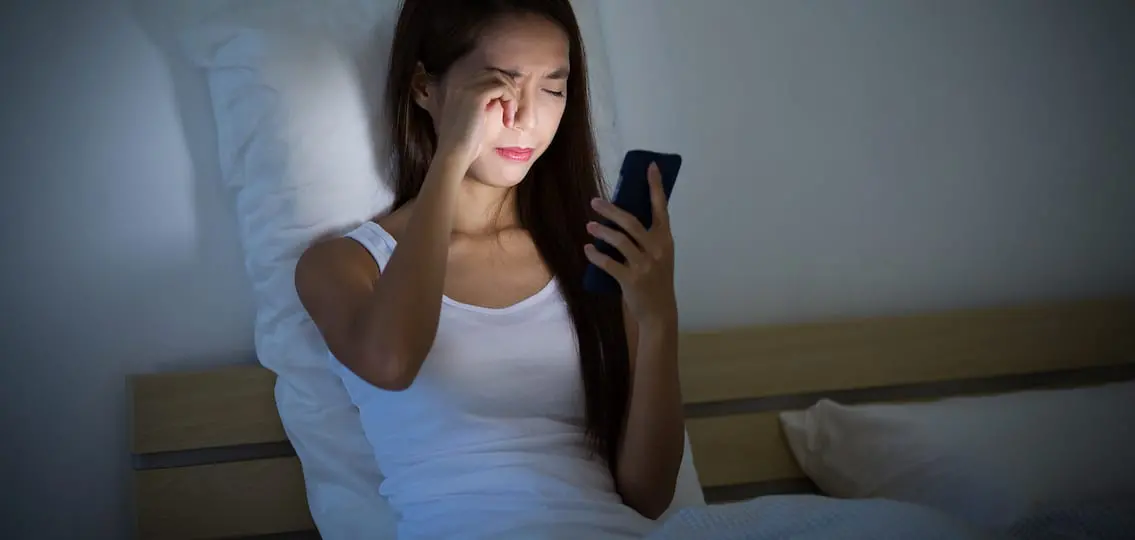Teens And Sleep: Why Do Teenagers Stay Up late?
There’s nothing new about teenagers staying up late into the night. Many of us stayed up into the wee hours of the morning. What’s new? Teens’s late nights are now spent actively on their electronic devices. It’s turned trendy, with teenagers posting their nocturnal activities on Instagram, Twitter, and elsewhere using the hashtag #vamping. Then again, what’s trendy isn’t what’s best for sleep. Here’s how to handle vamping in your house:
 1. Thirty minutes before lights out, turn off all electronic devices.
1. Thirty minutes before lights out, turn off all electronic devices.
This gives your teenager’s brain a chance to produce melatonin, which is the hormone that regulates sleep. The light emitted by electronic devices is like a wake-up signal for your brain and inhibits the melatonin production that sends us all to sleep.
2. Keep electronics out of the bedroom.
They’re too tempting. In fact, a recent National Sleep Foundation study found that teenagers who stored electronics in their rooms slept an hour less per night than those teenagers who didn’t. That’s actually true for grown ups too, so it’s healthier for everyone in the family to store electronics outside the bedroom at night.
3. Make more room for downtime.
When asked why they stay up late on electronics—which can include watching Netflix and gaming—many teenagers say there’s no time for these activities during the day. “All day long they are busy, so late night becomes the only time,” points out Sue Scheff, who works with parents on technology-related issues. “Your teenager needs some down time every day, just not at midnight.”
4. Be firm.
Most teenagers will not be happy about any limits on their devices. But for teenagers, a chronic lack of sleep is bad news for their health. “Unplugging has to happen by ten or eleven o’clock,” Scheff adds. “Set up consequences for not following the rules and be serious about follow through.”





